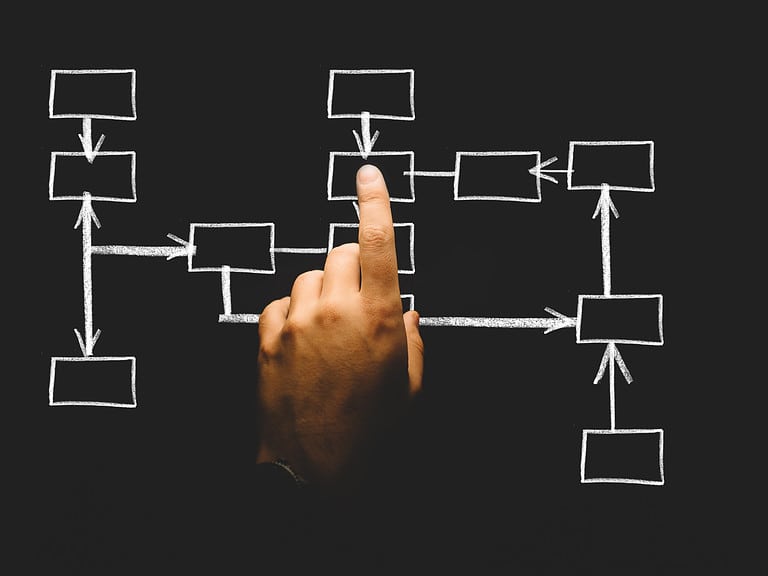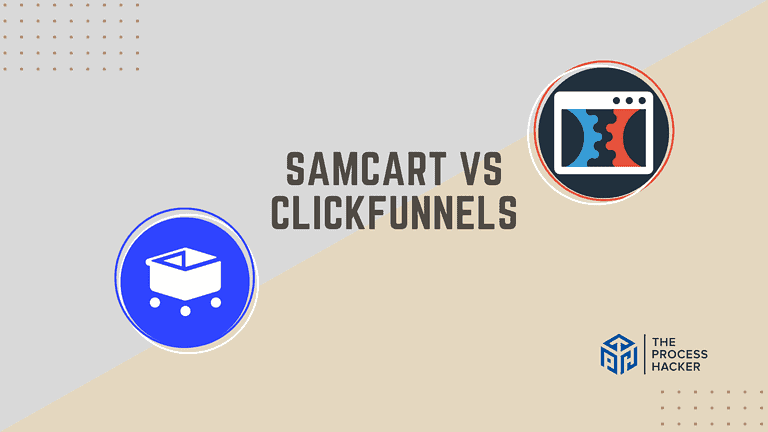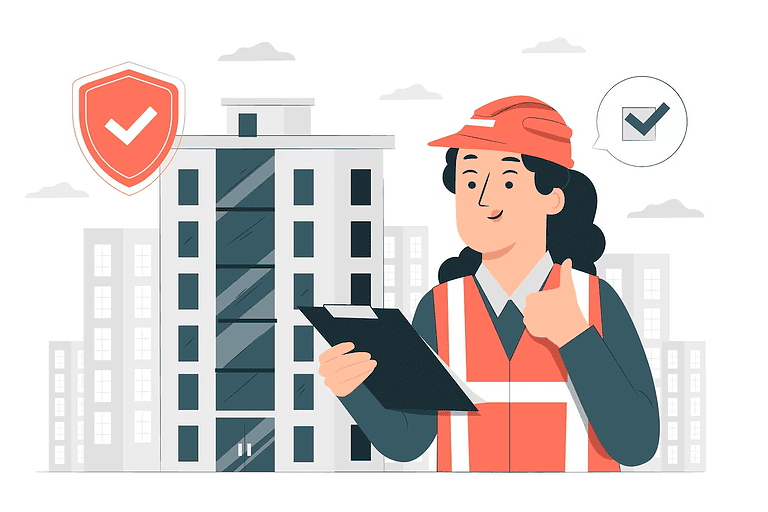Nonprofit CRM Software: What is It? How to Pick the Right One?
Nonprofit CRM software plays an essential role in the organization’s practices since it determines their efficiency, donor relationships, and mission success. For this reason, you need to ensure your nonprofit organization uses the best software to achieve the desired expectations.
However, how do you ensure you choose the best software to meet your organization’s needs?
With different software available, you need to research and consider some factors that will help you find a reliable one. So, this article will give you a path to finding the ideal nonprofit CRM software.
What is Nonprofit CRM Software?
Nonprofit Customer Relationship Management (CRM) software is a specialized tool designed to help nonprofit organizations manage and optimize their relationships with supporters, donors, volunteers, and other stakeholders. This software serves as a centralized database for collecting, storing, and analyzing valuable information about an organization’s constituents and their interactions.
What are the Key Features of Nonprofit CRM software?
Choosing the right nonprofit software is essential for streamlining operations, enhancing donor relationships, and maximizing social impact. Below are the key features to look for when selecting a CRM tool for your nonprofit.
1) Fundraising Tools
A robust nonprofit CRM should include comprehensive fundraising tools that make campaign management seamless. Look for features like:
- Customizable donation forms to facilitate online contributions effortlessly.
- Recurring donation management to encourage sustained donor support.
- Automated pledge tracking and reminders to ensure consistent follow-ups and engagement.
2) Communication and Engagement
Effective donor communication is crucial for long-term relationships. Modern CRMs provide:
- Email marketing capabilities with professionally designed, customizable templates.
- Multi-channel communication tools to engage supporters across platforms.
- Automated thank-you notes and tax receipt generation to simplify administrative tasks and enhance donor appreciation.
3) Reporting and Analytics
Understanding donor behavior and campaign effectiveness is key to growth. A strong CRM should offer:
- Customizable dashboards that provide real-time performance insights.
- In-depth reporting tools to analyze donor engagement and fundraising success.
- Data visualization features make complex information easy to interpret.
4) Event Management
For nonprofits that host events, a CRM should include:
- Advanced registration and ticketing systems for seamless attendee management.
- Comprehensive tracking tools to monitor event participation.
- Event-specific performance reports to evaluate success and improve future planning.
5) Automation
Reducing manual workload is vital for efficiency. A nonprofit CRM should support:
- Automated workflows to streamline repetitive tasks.
- Lead scoring tools to prioritize potential donors.
- Automated email follow-ups to maintain consistent engagement.
6) Integration Capabilities
A nonprofit CRM should work seamlessly with other essential tools. Look for:
- Integration with third-party platforms, including accounting and email marketing software.
- API access for custom integrations tailored to specific needs.
- Robust data synchronization to ensure consistency across systems.
7) Membership Management
For organizations with members, a CRM should include:
- Member portals and private directories for streamlined communication.
- Simplified application and renewal processes to reduce friction.
- Comprehensive tracking of member interactions to gain insights into engagement levels.

What are the Benefits of Nonprofit CRMs?
Implementing a nonprofit CRM goes beyond managing donor data. It provides significant advantages that enhance organizational effectiveness:
Better Donor Management
Maintaining detailed records of donor history and interactions allows nonprofits to build and nurture stronger relationships with their supporters. A nonprofit CRM tracks donor contributions, engagement levels, and communication history, providing a holistic view of each supporter.
This data-driven approach helps organizations personalize outreach efforts, recognize loyal donors, and create targeted retention strategies to foster long-term commitment.
Efficient Fundraising
Fundraising success depends on effective campaign tracking, management, and optimization, which is where a CRM excels. These tools provide real-time insights into donation patterns, allowing organizations to refine their strategies for maximum impact.
Nonprofit CRMs help organizations increase contributions and streamline financial planning by automating pledge tracking, segmenting donors based on giving behavior, and offering customizable online donation forms.
Personalized Communication
Engaging supporters through personalized messaging strengthens relationships and encourages continued involvement. A nonprofit CRM enables automated, targeted communication via email, SMS, and social media, ensuring that donors receive relevant updates and appeals.
Features like dynamic content and AI-driven recommendations allow nonprofits to tailor messages based on donor interests, past contributions, and engagement history, making outreach efforts more effective and meaningful.
Streamlined Operations
Managing a nonprofit involves handling vast amounts of data, from donor records to fundraising efforts and event logistics. A CRM centralizes this information, reducing manual data entry and administrative workload while ensuring data accuracy and consistency.
Automation tools handle routine tasks like donation processing, event registration, and report generation, allowing staff to focus on mission-driven activities rather than time-consuming operational duties.
By leveraging a nonprofit CRM, organizations can operate more efficiently, enhance donor relationships, and maximize their fundraising potential, ultimately driving greater social impact.
How to Choose the Right Nonprofit CRM Software?
Selecting the best nonprofit CRM software is a crucial decision that impacts your organization’s efficiency, donor engagement, and overall success. To find the right fit, consider the following key factors:
1) Understand Your Organization’s Needs
The first step in choosing a nonprofit CRM is identifying your organization’s unique requirements. What challenges are you currently facing? Do you struggle with donor management, event planning, or fundraising organization?
If you often find yourself losing track of donor interactions, missing engagement opportunities, or struggling to keep your data organized, you need a CRM that directly addresses these pain points. By evaluating your nonprofit’s specific needs, you can prioritize software that helps streamline operations, improve donor relations, and optimize fundraising efforts.
2) Look for User-Friendly Features
Not all nonprofit teams have technical expertise, so it’s essential to choose a CRM that is intuitive and easy to navigate. A user-friendly system ensures that your team can adopt the software quickly without extensive training.
Automation is another key feature to consider. A CRM that automatically updates donor records, schedules email campaigns, and tracks interactions can free up valuable time, allowing staff to focus on mission-driven activities rather than administrative tasks. Reducing manual effort also minimizes errors, ensuring smooth and efficient operations.
3) Prioritize Customization Options
Every nonprofit operates differently, so your CRM should be flexible enough to adapt to your unique goals and workflows. Look for software that allows customization—whether it’s adding specialized fields, tailoring donor categories, or adjusting workflows to align with your organization’s processes.
For instance, if your nonprofit frequently organizes fundraising events, you may need features that help track event-specific donations. Choosing a CRM that evolves with your organization ensures long-term usability and efficiency.
4) Ensure Robust Reporting and Analytics
Data-driven decision-making is critical for nonprofit success. A CRM with powerful reporting and analytics tools enables organizations to track donor trends, measure fundraising effectiveness, and evaluate financial health.
These insights allow nonprofits to refine their strategies, optimize campaigns, and present performance reports to stakeholders. A strong analytics system helps you understand what’s working, identify areas for improvement, and ultimately enhance your impact.
5) Consider Scalability and Flexibility
Your nonprofit will likely grow over time, so it’s essential to choose a CRM that scales with your organization. Whether you’re expanding your donor base, launching new campaigns, or increasing your team size, your CRM should support this growth without compromising performance.
A scalable system eliminates the need for frequent migrations or costly upgrades. Flexibility is also crucial—especially if you plan to expand your nonprofit’s mission or services in the future. The right CRM should be adaptable to new initiatives while maintaining efficiency.
Final Thoughts on Nonprofit CRM Software

Implementing the right nonprofit CRM software is a game-changer for organizations looking to improve efficiency, strengthen donor relationships, and maximize fundraising success. By prioritizing user-friendly features, seamless integrations, and advanced analytics, you can select a system that empowers your team and enhances your nonprofit’s impact.
If you’re searching for the best CRM tools, explore options specifically designed for nonprofit organizations. With the right software, you’ll be better equipped to accomplish your mission and expand your reach, ensuring long-term sustainability and success.







